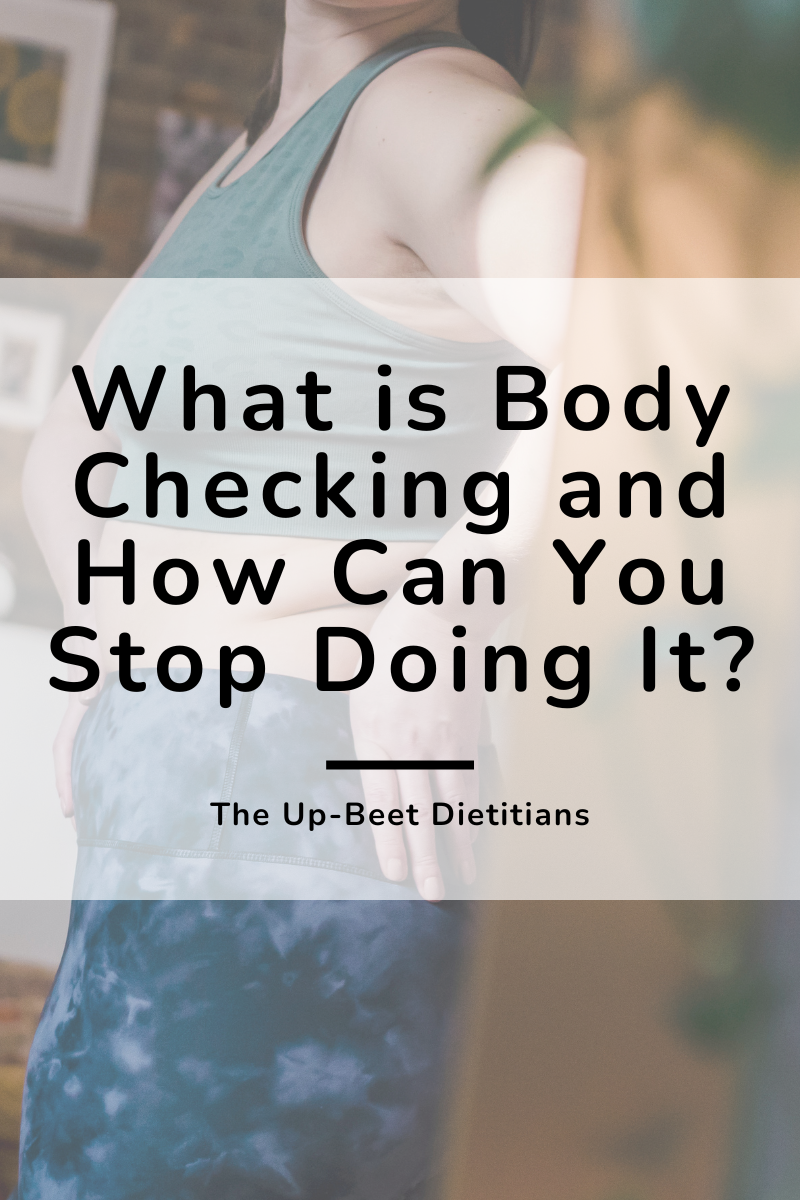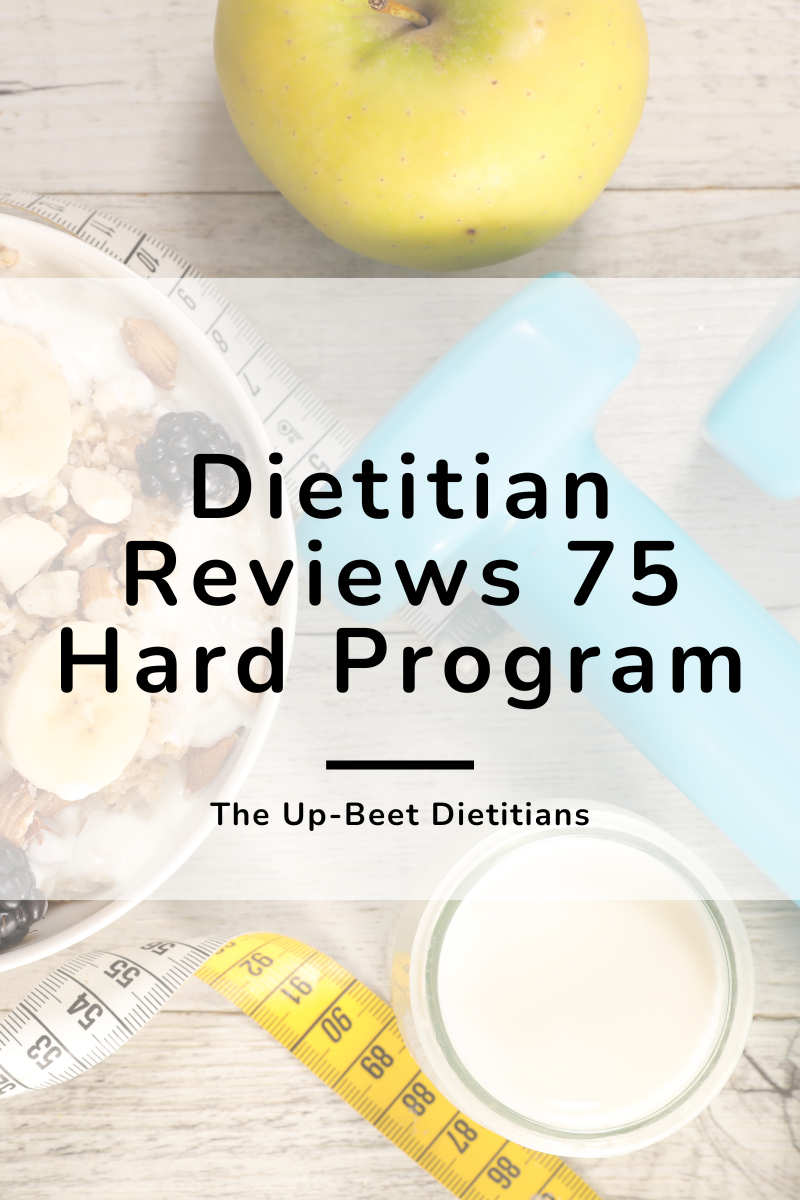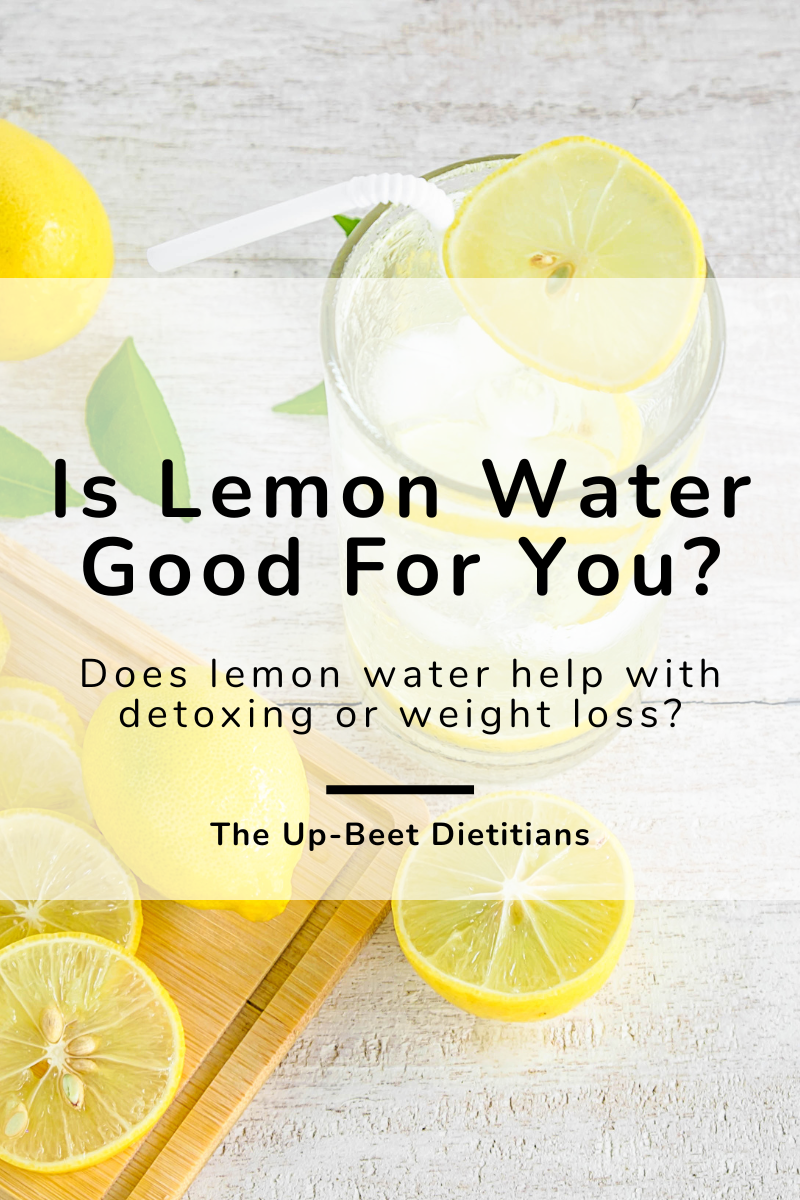Should You Be Taking a Collagen Supplement?
Written by: Hannah Thompson, RDN, LD, CPT
Collagen is a very popular supplement right now. Vital Proteins, a common collagen supplement company, even has Jennifer Aniston as their spokesperson!
These days you can find collagen hot chocolate, collagen body wash and creams, collagen brownies, and flavored collagens to add to your water. But what even is collagen? What is all the hype about?
What is collagen?
Collagen is a structural protein found in the skin, bones, ligaments, and tendons of humans and animals. Fun fact - collagen is the most abundant protein found in the human body.
Collagen is made up of amino acids, a fancy name for the building blocks for protein. We can get these collagen building-blocks from food. When we eat protein of any type, it is broken down into amino acids, which are used by the body for whatever is needed. It’s important to note that there is no way to control how the proteins we eat are used in the body. So when you eat a source of protein, your body may or may not use those amino acids to make collagen. It just depends on what your body’s priorities are at that time!
Why is collagen popular right now?
There are a few common claims about collagen that are making it all the hype lately.
Claim - collagen supplementation can improve your skin
Some state that collagen, namely collagen supplements, can help decrease the presence of aging skin. That’s all fine and dandy, but here’s my question - what is so bad about aging? Why are we always trying to prevent looking like we are getting older? Isn’t this just a normal part of being a human?
Diet culture and wellness culture are always trying to tell us that we are more beautiful (and therefore “worthy”) when we are young, wrinkle-free, and when we meet all of the other impossible beauty standards (that are always changing, by the way).
Here is a secret that might make you feel better - it is impossible to completely level up to the ever-changing beauty standards. I know, that probably doesn’t sound like a positive thing. But think of it this way - if the beauty standards are out of reach, you don’t have to try so hard to accomplish the un-accomplishable. You can do whatever makes you feel beautiful, even if it doesn’t match what society says you should do! And it is absolutely okay to look your age. This is a much more freeing way to live, if you ask me.
Diet culture rant aside, it is true that collagen supplements may help to promote skin elasticity. But these supplements need to be taken every single day to see the results. And it is possible to meet your needs through food - we’ll talk more about food sources of collagen below. But remember, eating adequate protein (aka amino acids) will help your body make collagen.
Claim - collagen supplements can improve joint health
Collagen supplementation may help to reduce joint pain and improve joint motility, but joint health is so multi-factorial that it is difficult to assess if collagen supplementation is really all that helpful. Joint health is largely influenced by personal history or family history of osteoarthritis or any joint diseases and collagen supplementation may not be a very effective treatment alone for chronic joint issues.
Simply put, taking a collagen supplement likely won’t make joint health any worse, but it is not a miracle treatment either.
Claim - collagen supplements can help to build lean muscle mass
Building lean muscle mass is generally recommended for various aspects of physical health and wellbeing. And eating protein is one very important part of putting on some muscle. But I don’t recommend using collagen supplements as your primary protein source.
Collagen is not considered a complete protein, meaning it does not include all of the essential amino acids that our bodies need to get from food. And for optimal muscle growth, we need to consume all essential amino acids.
Collagen does provide us with some amino acids (and therefore it does feed our muscles with much-need protein), but to best case scenario muscle synthesis, I recommend eating a wide variety of protein-rich foods to ensure that you are getting all of the essential amino acids.
Where to find collagen
Collagen supplementation are very popular and they may be helpful to increase your intake of the amino acids needed for collagen production, but you can also get these amino acids from whole food sources such as chicken, fish, eggs, and bone broth.
How to increase collagen production
Vitamin C is needed for collagen synthesis, so if your goal is to increase collagen production, be sure to eat foods rich in vitamin C. Some examples are citrus fruits, broccoli, and bell peppers. While you could take a vitamin C supplement with a collagen supplement, you likely don’t need to if you are eating a variety of foods that provide vitamin C. Plus, our bodies prefer to get nutrients from food rather than supplements.
Bottom line - should you be taking a collagen supplement?
It depends! Collagen supplements can be a helpful way to increase your protein intake, but they should not be your primary protein source as they are not considered a complete protein. If you are eating a variety of protein sources and eating an adequate amount of protein, you will likely be providing your body with the right amino acids for collagen production.
One last note - if you are vegan or vegetarian, collagen supplements may not be appropriate for you because they are derived from animal sources. Again, eat a variety of plant-based proteins and you will likely meet your protein (and amino acid) needs.
Links included in this blog might be affiliate links. If you purchase a product or service with the links that we provide we may receive a small commission with no additional charge to you. Thank you for your support!
Want to learn more about Intuitive Eating and how to start your food freedom journey? Join our course to learn how!





